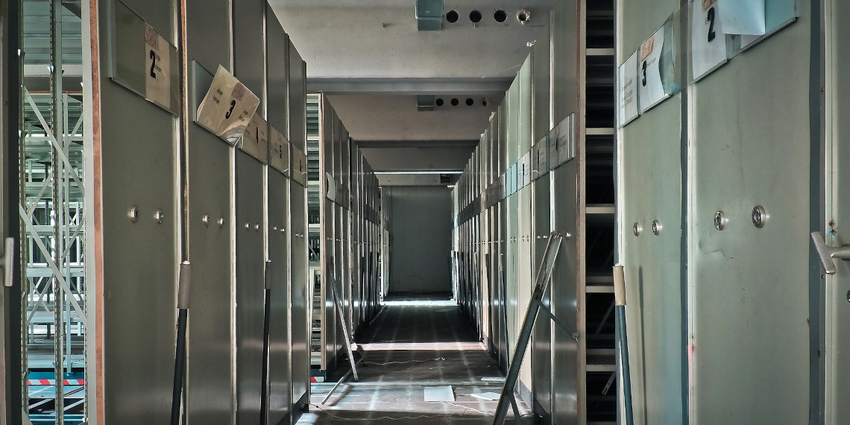The COVID-19 pandemic started a short but severe recession. Countries worldwide tried to dampen its consequences through federal aid programs, especially for small companies. When governments paid these federal aids without an indigence check, certain firms survived in the market, although their bankruptcy would have been the better alternative. This is the result of a Leibniz Institute for Financial Research SAFE Working Paper based on an analysis of the US-American COVID-19 aid program “Paycheck Protection Program” (PPP).
The SAFE analysis compares the PPP, which distributed federal aid by scattergun approach, with a theoretical scenario where governments paid funds to targeted companies. “Both scenarios would have a comparable percentage of saved companies. However, the share of zombie firms that have been artificially held in the market lies at 1.3 percent compared to 16.6 percent due to the PPP”, says Leo Kaas, SAFE Fellow and Professor of Macroeconomics and Labor Markets at Goethe University Frankfurt and one of the authors of the Working Paper.
Support for unproductive companies affects the overall economy
Accordingly, the PPP prevented 35 percent of all small US business liquidations at the beginning of the COVID-19 pandemic. “Although the program prevented a massive corporate death, it did not increase overall economic production nor employment rates,” says Kaas. The SAFE analysis identifies two main reasons for this. Both correlate to the fact that there was no indigence check for the companies before the payment.
First, small, unproductive companies, in particular, received federal aid. Second, the PPP often resulted in workers staying with these firms rather than migrating to more productive firms. The bottom line is a negative result for growth and employment.
Especially small companies suffered severe losses in production, turnover, and employment during the COVID-19 pandemic. Thus, the US-American government published the “Coronavirus Aid, Relief, and Economic Security Act (CARES Act)” in March 2020. This law granted the “Paycheck Protection Program” (PPP) more than 600 million US dollars so that small companies could be saved without an additional background check. In 2020, more than three-quarters of all small US firms received PPP loans, of which most were remitted.
Download the SAFE Working Paper No. 343
Press Contact


